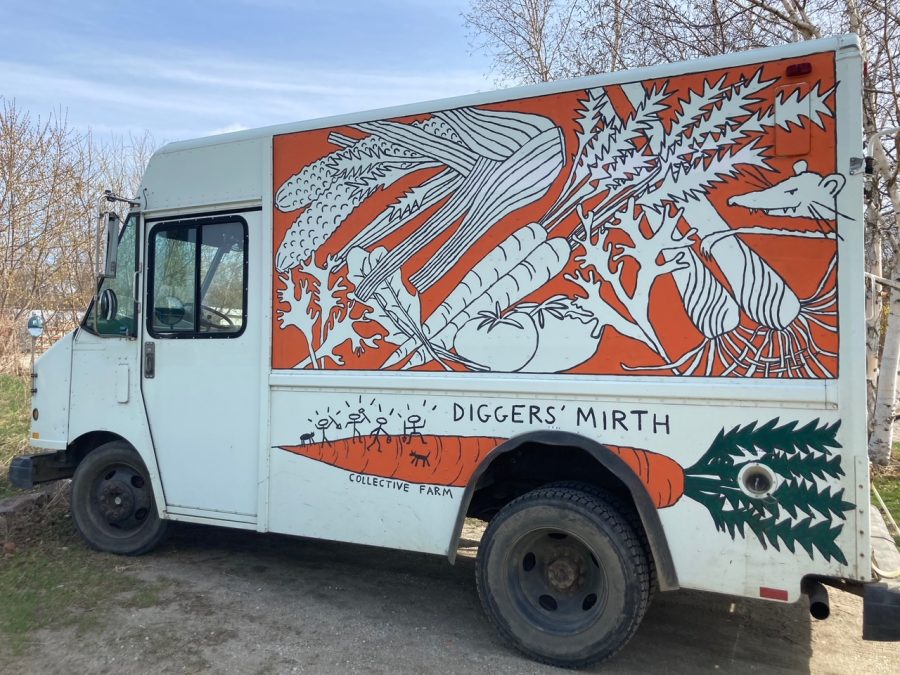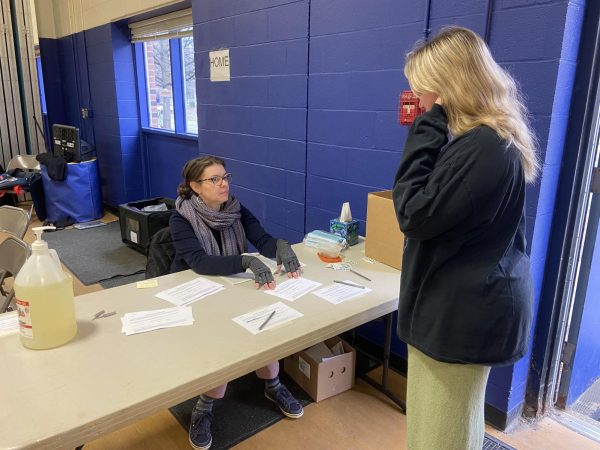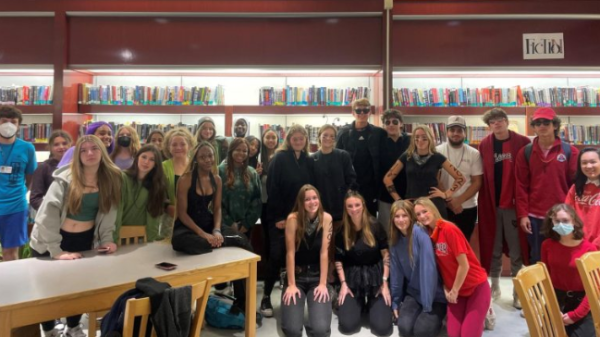Diggers’ Mirth Collective: A Local Farm Doing the Right Thing
June 4, 2021
In the Burlington High School cafeteria, an array of ready-made lunches, each complete with a side of fresh veggies, await students. Among these veggies lies a hidden gem: crunchy, delicious, carrots that put the supermarket varieties to shame.
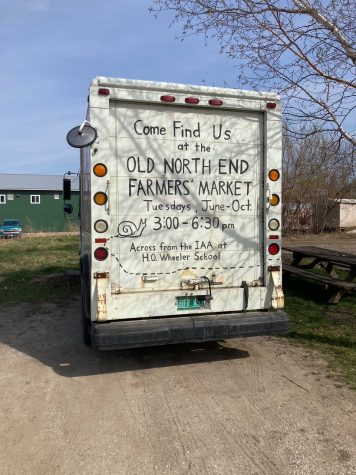
Unbeknown to most students, these carrots are grown just down the road. Nestled away in the Intervale, minutes from downtown Burlington, lies a 15-acre farm operated by a collective of five farmers and three employees. The collective, Digger’s Mirth, has shared its bounty of fresh produce with its community since 1992.
Micah Barritt, a carrot enthusiast, has been working as a member of the collective for seven seasons and gave me a tour of the farm.
Digger’s Mirth aims to serve its community, and Burlington High School (BHS) is one of its partners. According to Doug Davis, School Food Director of the Burlington School Food Project, 20-25% of the food provided by the project is sourced locally.
“We’re buying local produce when we can, and we’re always working to try to find more local product,” Davis said.
Digger’s Mirth believes that everyone who needs food should have access to it, because food insecurity is connected to many other issues.
“The implicit mission is food access for all, and also prioritizing that over necessarily prioritizing making money,” Barritt said.
They grow hundreds of starts in their greenhouse that go to migrant workers and their families, many of whom are undocumented and therefore not eligible for food assistance.
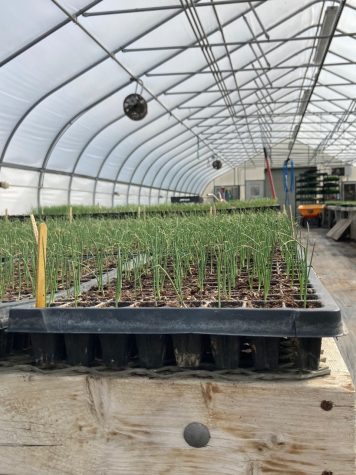
“A lot of the working conditions that migrant farmworkers experience on dairy farms are super horrendous and they’re way underpaid,” Barritt said. “[Growing the starts] is a way that farm workers can have access and autonomy with their own food.”
This year, they are doing a community-supported agriculture (CSA) share for migrant farm workers.
“A lot of these farm workers are coming from South and Central America; [we ask] what can we grow that’s culturally appropriate that folks are going to want, you know?” Barritt said.
Bitter melon and jicama are among the crops they grow that might not usually be available here. The farm also grows spinach, cilantro, salad greens, mesclun, watermelons (a favorite among customers), and carrots. Barritt said carrots are his favorite thing to grow.
“Sometimes they’re funny when they come out, they’re in funny positions, and my first season people were like, okay, you’re so new. You’ll get over this. And seven seasons that still makes me laugh,” Barritt said.
Barritt’s enthusiasm for what he does is contagious.
“I love what I do,” Barritt said. “It never feels like work. I get to be outside all day. I get to bring home vegetables every day. I really love and care about the people who I work with.”



